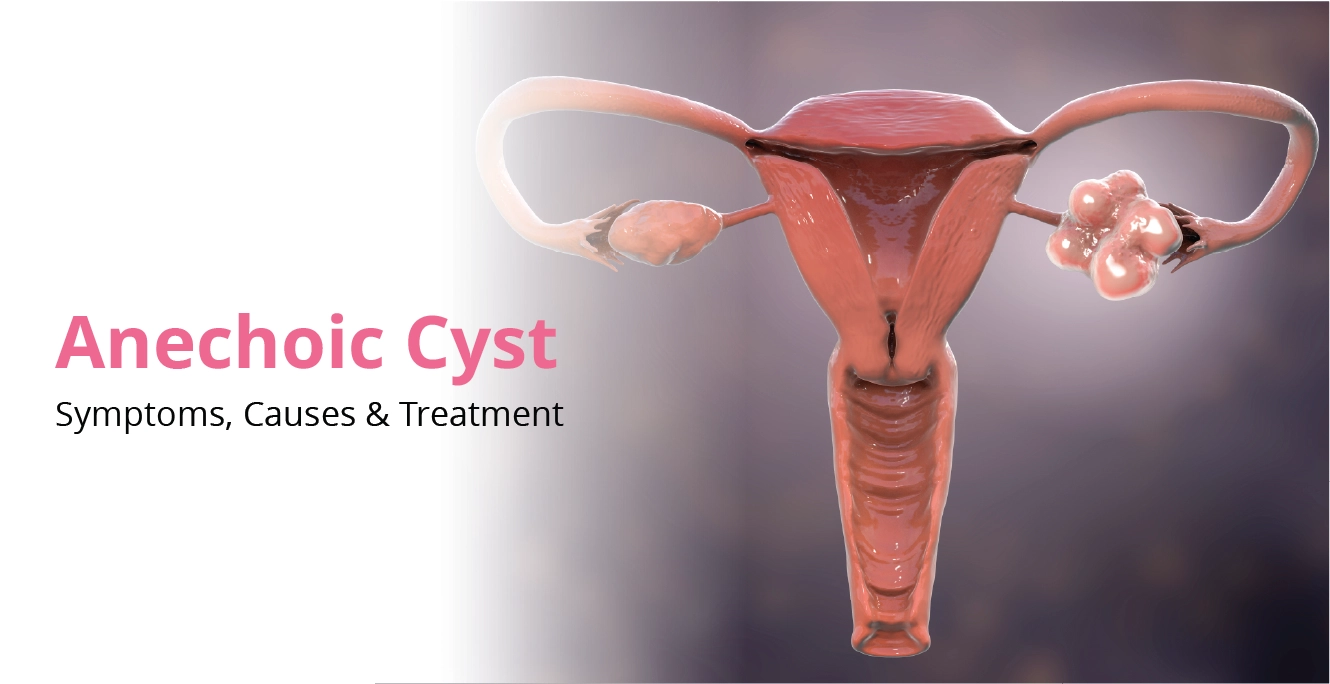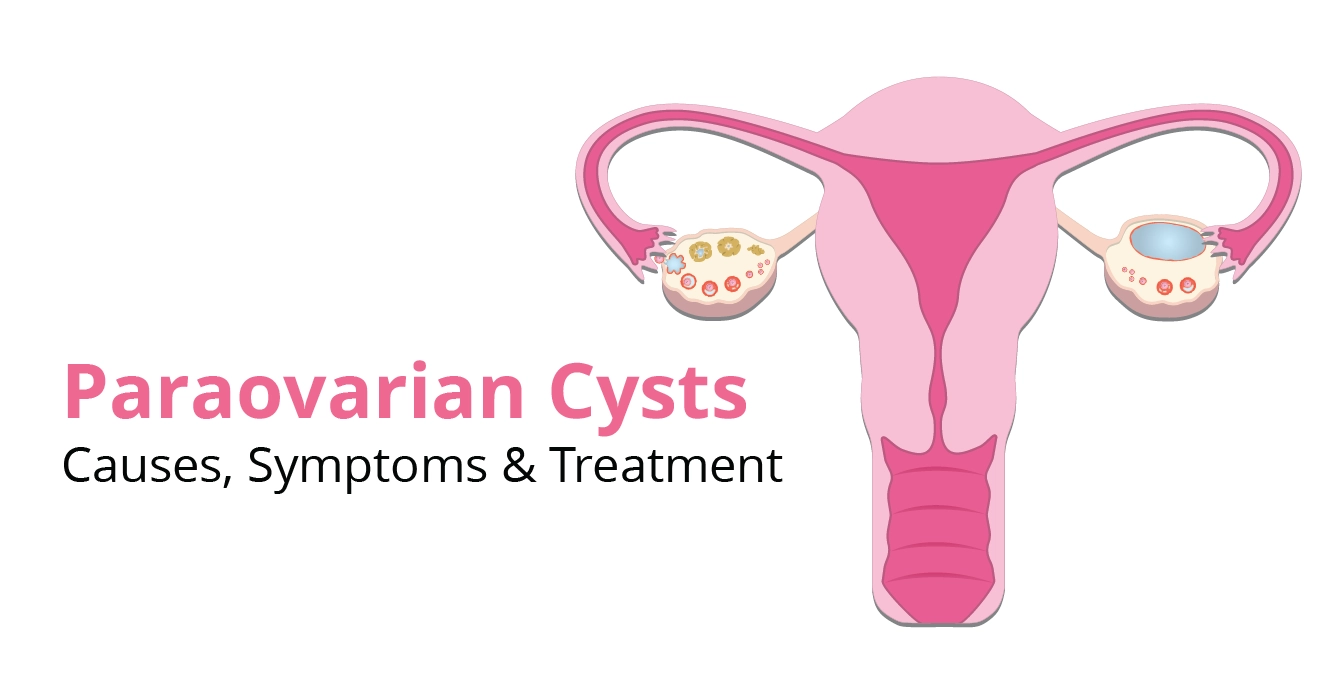
What is Hyperprolactinemia?

Table of Contents
Hyperprolactinemia is a condition wherein you have high levels of prolactin hormone in your bloodstream.
The pituitary gland produces and secretes the hormone named prolactin. It is responsible for maintaining breast milk production, lactation, and development of breasts. So, hyperprolactinemia is very common in pregnant women and isn’t a concerning condition.
However, hyperprolactinemia becomes concerning when the levels of prolactin deviate from the normal levels, which are:
- For females: less than 25 nanograms per millilitres (ng/mL)
- For males: less than 20 ng/mL
- For pregnant women: between 200-500 ng/mL
According to research, the estimated prevalence of hyperprolactinemia in adults is about 0.4 per cent, while in women with reproductive disorders, it falls between 9-17 per cent.
Symptoms of hyperprolactinemia
In some cases, you may not experience hyperprolactinemia symptoms. However, in other cases, you can experience the following symptoms.
As a woman, you can experience infertility, vaginal dryness, lowered sex drive, a complete absence of periods or irregular periods, breast milk discharge, frequent headaches, nausea, and many more.
As a man, you can experience atypical breast growth, erectile dysfunction, reduced testosterone levels or sex drive, infertility, changes in vision, frequent acne or headaches, and many more.
Causes of hyperprolactinemia
There are many hyperprolactinemia causes. During and after pregnancy, prolactin levels increase to facilitate breast development and milk production. But this is normal and should not be a cause of worry.
Other factors causing hyperprolactinemia and can be concerning are following:
-
Prolactinoma
It is a noncancerous tumour that develops in the pituitary gland. It leads to excessive production of prolactin and reduces the level of sex hormones in your body.
A severe case of prolactinomas, i.e., large-sized tumours, can cause hyperprolactinemia infertility. Moreover, it can result in vision problems, nausea, frequent headaches, etc.
Besides prolactinoma, some other pituitary gland tumours can cause hyperprolactinemia. They also elevate your prolactin levels by suppressing dopamine.
-
Medications
Taking certain medications can cause hyperprolactinemia. For instance, your brain produces the chemical dopamine to suppress prolactin production.
When you take medicines like birth control pills, they affect dopamine production adversely, and there is an increase in prolactin levels in your body.
Medicines that can elevate the production of prolactin in your body are:
- Birth control pills to prevent ovulation
- Estrogen pills to bring up estrogen levels
- Calcium channel blockers to combat high blood pressure
- Pain relieving medicines that contain opioids
- Antidepressants, such as norpramin, anafranil, and such
- Antipsychotic medications like haloperidol and risperidone
- Medicines which treat heartburn, nausea, and GERD
-
Hypothalamus problems
The hypothalamus (part of the brain) connects the pituitary gland and the nervous system.
When an infection, trauma, or tumour affects your hypothalamus, it leads to an increase in prolactin production (hyperprolactinemia).
-
Health diseases
Certain health diseases can boost the production of prolactin in your blood beyond the normal level, such as:
- Chronic kidney disease (CKD)
- Hypothyroidism (thyroid is underactive)
- Chest injuries like fractured breastbone, ribs, and bruised lungs
- Shingles (an infection that leads to painful rashes)
- Polycystic ovary syndrome (PCOS)
- Cushing syndrome (a condition caused because of high levels of cortisol)
Treatment of hyperprolactinemia
Before the hyperprolactinemia treatment can begin, you must know the causal factor behind this condition. For this, you need to consult a doctor.
A doctor will gain information about your medical history before moving on or recommending any treatment for the condition. You will need to undergo a prolactin blood test to check the level of prolactin in your blood. If it comes out to be elevated, your doctor will recommend other tests to confirm or rule out the causal factor.
To determine the level of thyroid hormone and other hormones in your blood, you will have to undergo a blood test once again.
You will also need to undergo an MRI (Magnetic Resonance Imaging) scan to look for the presence of pituitary gland tumours and damage to tissues.
Once you have been diagnosed with hyperprolactinemia, your doctor will recommend the following treatment methods depending upon your causal factor. The main aim of all these methods is to reduce the high level of prolactin in your blood.
- Medications: A study reveals that dopamine agonists like cabergoline, bromocriptine, quinagolide, etc., are very effective for hyperprolactinemia treatment in females and males. They elevate dopamine levels, decrease prolactin levels, and reduce the size of tumours.
- Synthetic thyroid hormone: It is used to treat hypothyroidism that causes hyperprolactinemia by increasing thyroid function and decreasing prolactin production.
- Alternative medicines: When medicines cause hyperprolactinemia, your doctor may recommend stopping them. However, if they are essential for your well-being, your doctor may prescribe other medicines to control the level of prolactin from increasing.
- Surgery: In some cases, when medications don’t prove effective in the management of hyperprolactinemia, a surgery takes place to remove prolactinoma or other pituitary gland tumours.
- Radiation therapy: In some cases, when both medicines and surgery don’t work, radiation therapy is carried out to shrink the size of the tumour.
Complications of hyperprolactinemia
With untreated hyperprolactinemia, you can suffer from the following complications:
- Loss of bones: Excessive prolactin production can significantly decrease sex hormone production and lead to low bone density or bone loss.
- Loss of vision: Untreated prolactinoma can cause vision loss, reduced peripheral vision, and double vision.
- Pregnancy issues: Untreated hyperprolactinemia can make it difficult to become pregnant or cause complications during pregnancy.
Conclusion
Hyperprolactinemia is when you have abnormally high levels of prolactin in your blood. You can experience infertility, low levels of sex hormone, headaches, irregular periods, erectile dysfunction, etc. when suffering from hyperprolactinemia. It can happen because of prolactinoma, certain medications, problems related to the hypothalamus, and chronic health conditions.
Since hyperprolactinemia can lead to complications, it is crucial to get it treated on time. For this, you can reach out to the leading fertility specialists at Birla Fertility and IVF.
Birla Fertility and IVF is an excellent clinic with an exceptional success rate. The clinic provides advanced testing and treatment facilities. Moreover, it is present in several states and metro cities in India.
For identification of causal factors and treatment of hyperprolactinemia – visit a close Birla Fertility and IVF branch or book an appointment with Dr Muskaan Chhabra.
FAQs:
1. Who does hyperprolactinemia affect?
Hyperprolactinemia generally affects people who are below 40 years of age. Women under 40 years of age are more likely to be affected by it than men under 40. It is rare in the elderly population and children.
2. How common is hyperprolactinemia?
The estimated prevalence of hyperprolactinemia in adults is around 0.4 per cent. It is pretty common in women with reproductive disorders (ranging from 9-17 per cent).
3. How is hyperprolactinemia diagnosed?
Hyperprolactinemia is diagnosed with the help of prolactin blood tests and imaging tests like an MRI scan. Prolactin blood tests help check the prolactin level in your bloodstream to determine whether it’s higher than normal. The MRI scan helps look for the presence of tumours of the pituitary gland and damaged tissues.
4. Can I prevent hyperprolactinemia?
You cannot prevent hyperprolactinemia. However, you can go for regular health checkups and blood tests to ensure that your prolactin levels are within the normal range and you are not in the early stages of suffering from one of its causal factors.
Our Fertility Specialists
Related Blogs
To know more
Birla Fertility & IVF aims at transforming the future of fertility globally, through outstanding clinical outcomes, research, innovation and compassionate care.
Had an IVF Failure?
Talk to our fertility experts

 Our Centers
Our Centers














